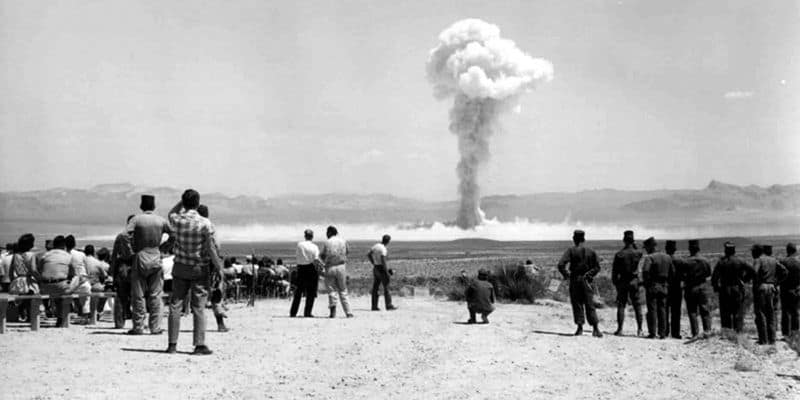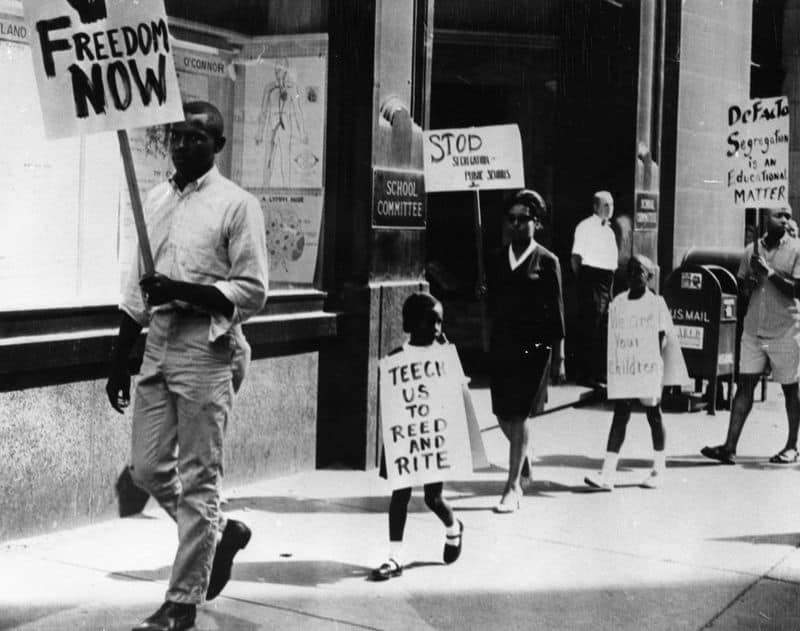The Baby Boomer generation experienced a world vastly different from today.
Their childhood was filled with challenges and experiences that may seem shocking to younger generations.
From social norms to technological limitations, Boomers navigated a landscape that shaped who they are.
Here are 17 surprising aspects of growing up during this era, shedding light on the resilience and adaptability required to thrive in such an environment.
1. Limited Technology

Boomers grew up without the digital conveniences we take for granted today. Their technology included rotary phones, black-and-white TVs, and no internet. Life was slower, and communication often required patience and effort.
2. Strict Parenting Styles

Boomers were raised with strict rules and expectations. Spanking and other forms of corporal punishment were common, and children were taught to obey without question. Parenting styles have evolved significantly since then.
3. Cold War Tensions

Growing up during the Cold War meant living under constant threat of nuclear war. Boomers participated in “Duck and Cover” drills, fostering a sense of fear and uncertainty about the future.
4. Gender Roles and Expectations

Boomers faced rigid gender roles, where women were often expected to be homemakers, and men were breadwinners. Breaking away from these stereotypes was challenging and required tremendous effort.
5. Limited Travel Opportunities

International travel was a luxury few could afford. Road trips and local vacations were more common, often requiring meticulous planning and long hours in the car.
6. Manual Labor and Chores

Boomers often took on significant household responsibilities, from mowing the lawn to washing dishes by hand. These chores instilled a strong work ethic but also consumed much of their free time.
7. Polio and Other Epidemics

Before vaccines eradicated many diseases, Boomers lived with the fear of illnesses like polio. Public health campaigns and vaccinations were crucial in preventing outbreaks.
8. Lack of Entertainment Options

Entertainment was limited to a few TV channels, radio programs, and trips to the local cinema. Creativity and imagination were often needed to stave off boredom.
9. Segregation and Racial Tensions

Boomers witnessed segregation and the struggle for civil rights firsthand. Social change was slow, and racial tensions often erupted into violence and protest.
10. Traditional Education System

Education was formal and rigid, with a focus on rote memorization and discipline. Creative thinking was often stifled, and individual differences could be overlooked.
11. Limited Career Opportunities for Women

Women faced significant barriers in the workforce, with limited opportunities for advancement. Careers were often secondary to family obligations.
12. Smoking and Health Awareness

Smoking was socially acceptable, and health awareness was minimal. Many Boomers grew up in households where smoking was the norm, with little understanding of the associated risks.
13. Television’s Golden Age

Television was a primary source of entertainment, with iconic shows like “I Love Lucy.” However, content was limited, and families often had to wait a week for the next episode.
14. Canned and Processed Foods

Convenience foods became popular, but fresh produce was often scarce. Many Boomers grew up on TV dinners and canned vegetables, a far cry from today’s focus on fresh, organic ingredients.
15. Conformity and Social Pressure

Conformity was the norm, with strong societal pressure to fit in. Individuality was often suppressed, and standing out could lead to social ostracism.
16. Environmental Ignorance

Environmental awareness was minimal, and pollution was rampant. Boomers lived in an era where industrial growth was prioritized over environmental protection, leading to lasting impacts.
17. The Draft and Military Service

The Vietnam War era meant the potential for military draft. Boomers faced the reality of conscription, leading to significant anti-war sentiment and social upheaval.
18. No Child Safety Standards

Boomers grew up in an era with minimal child safety regulations. Seat belts weren’t mandatory, playgrounds had unforgiving metal structures, and kids rode bikes without helmets. Risk and independence were part of everyday life, often leading to injuries that would be unthinkable today.
19. DIY Problem-Solving

Without instant access to Google or YouTube tutorials, Boomers had to figure things out the hard way. Whether fixing a broken appliance, learning a new skill, or navigating without GPS, they relied on trial and error, advice from elders, and good old-fashioned perseverance.

